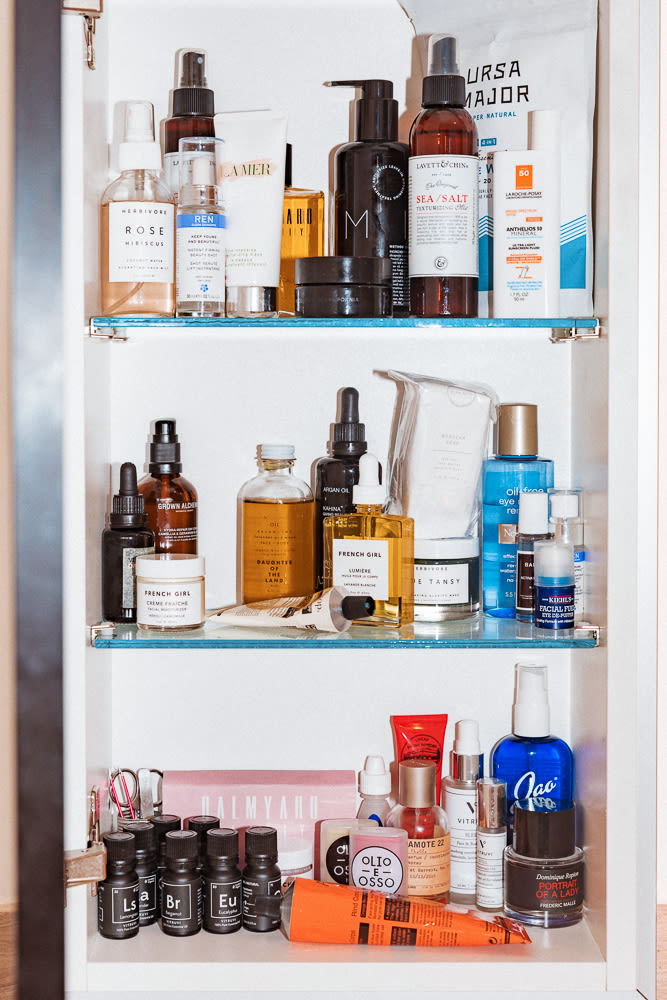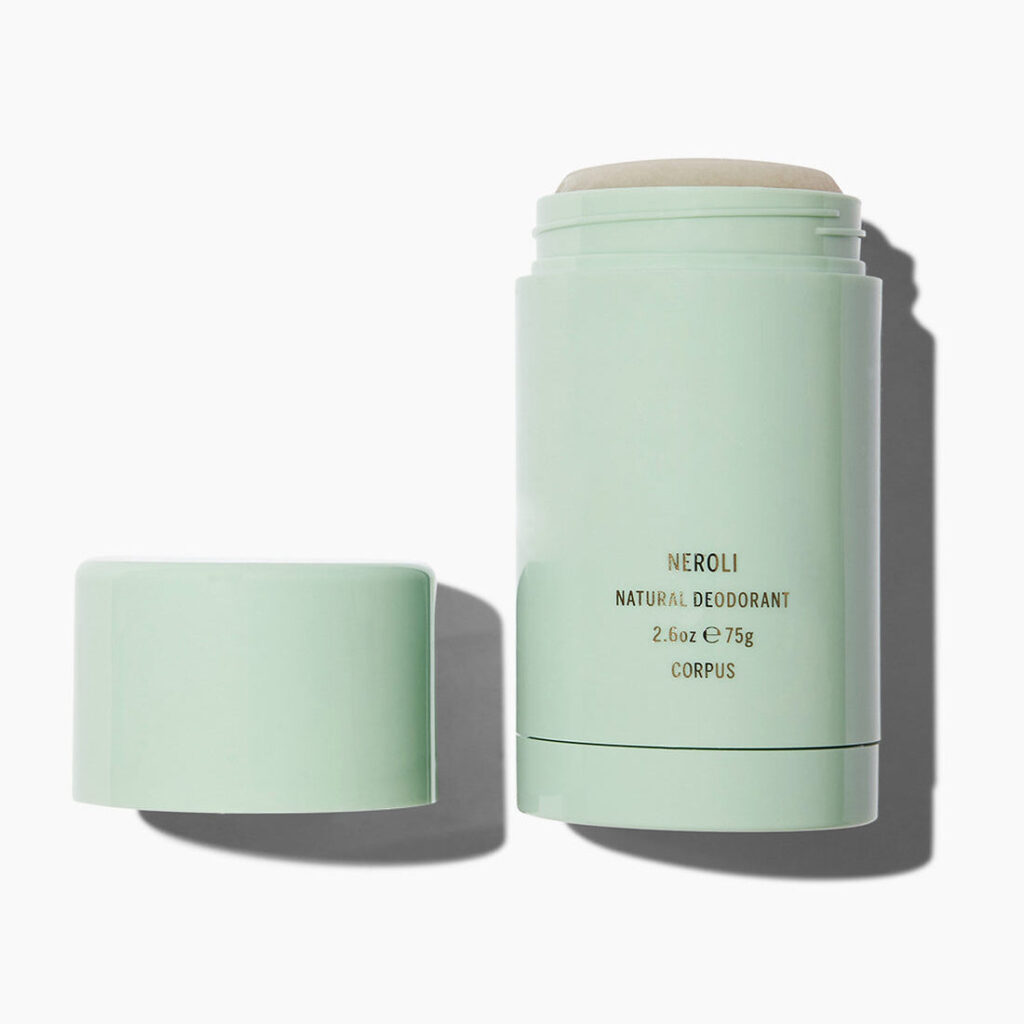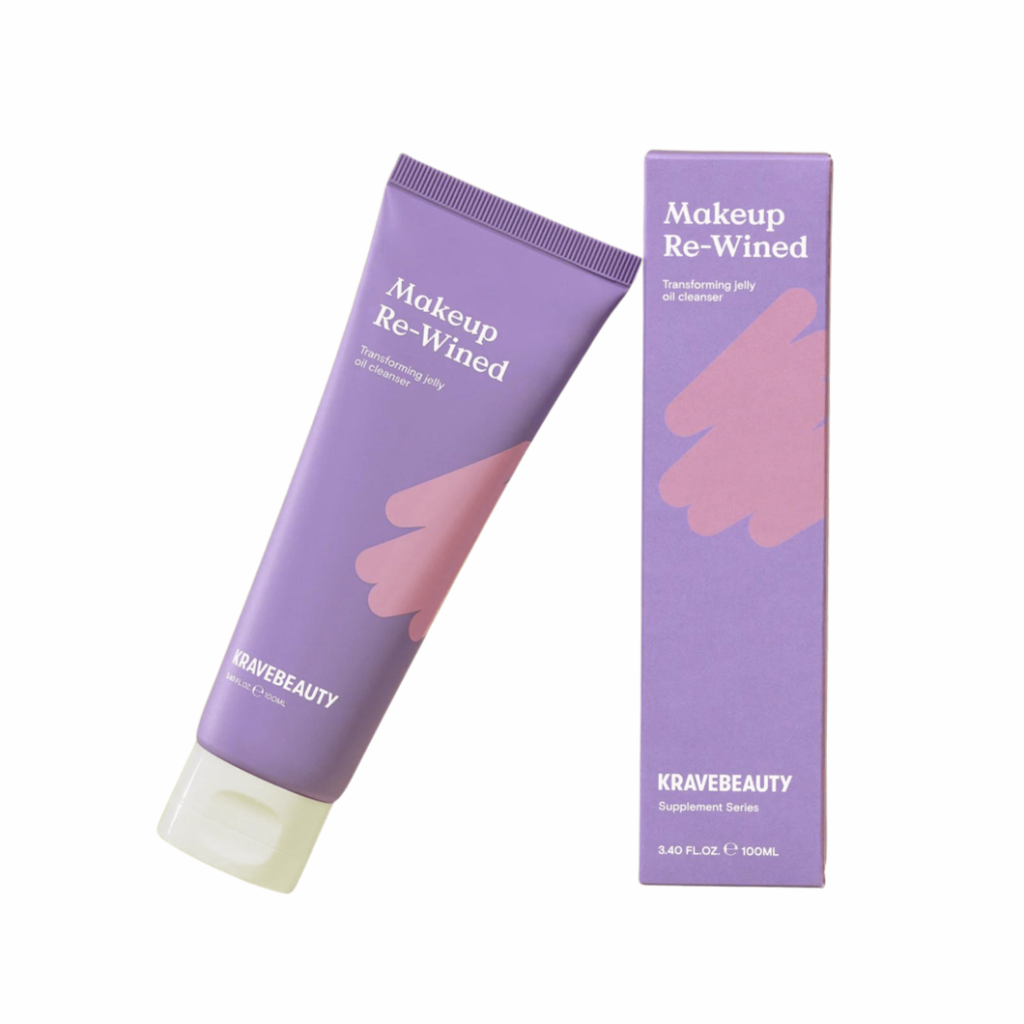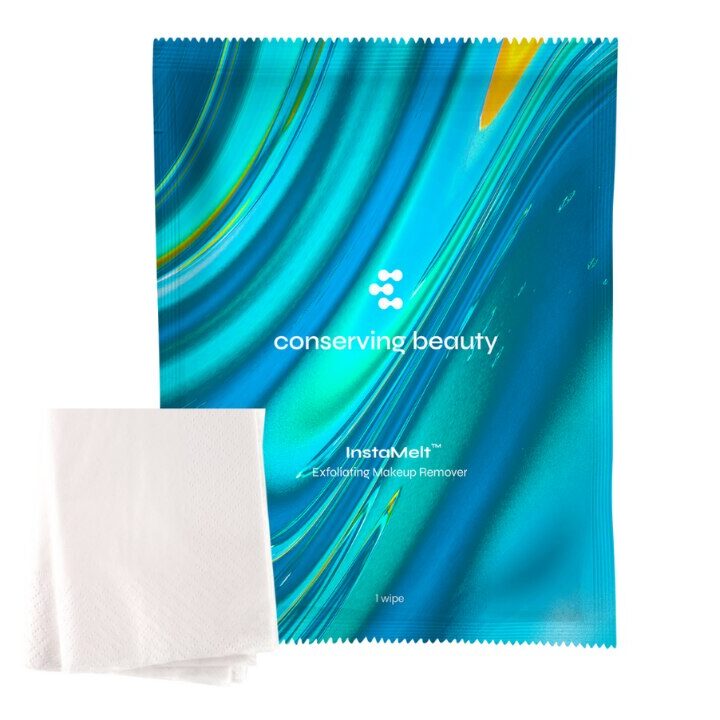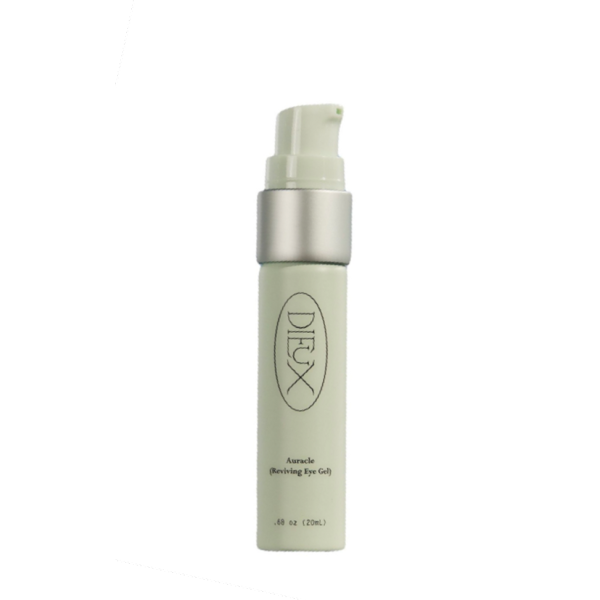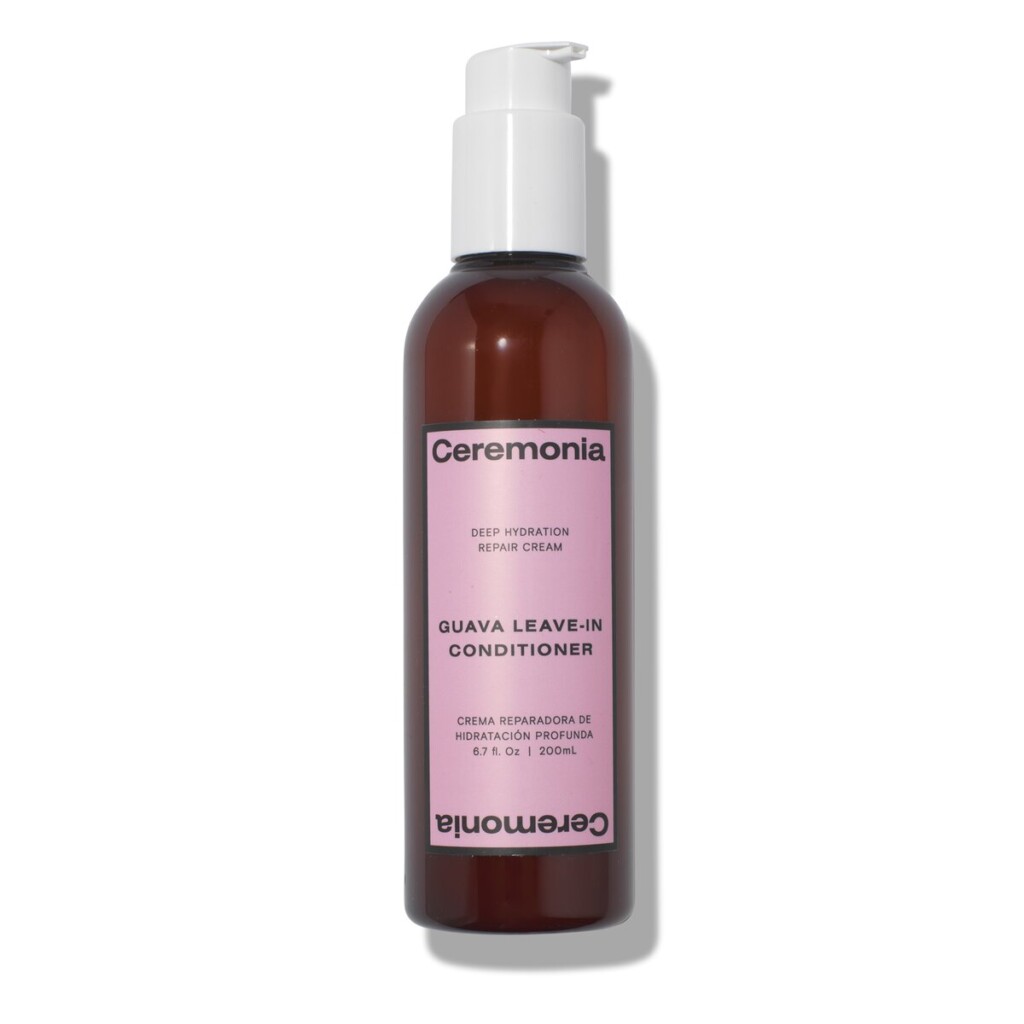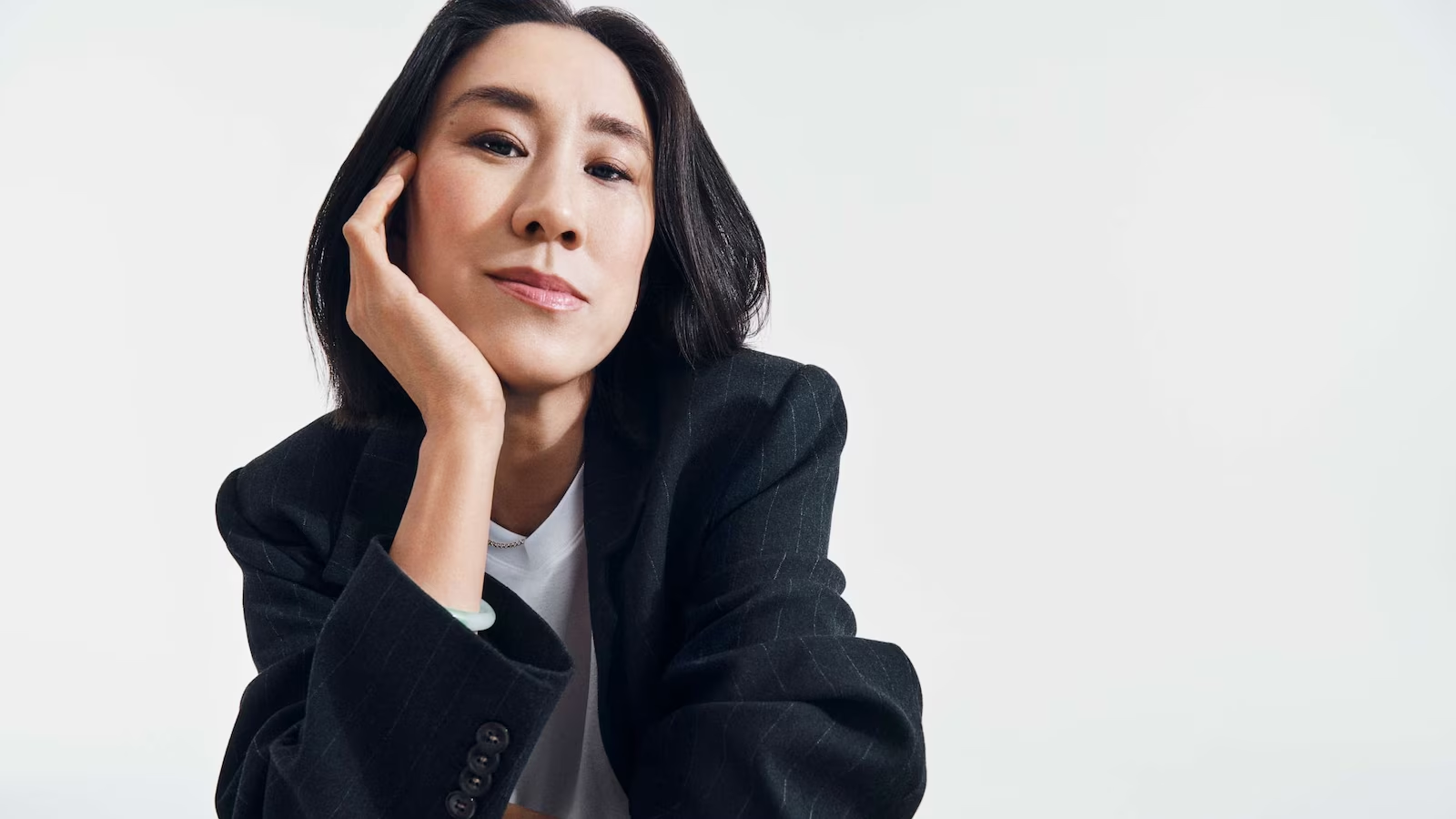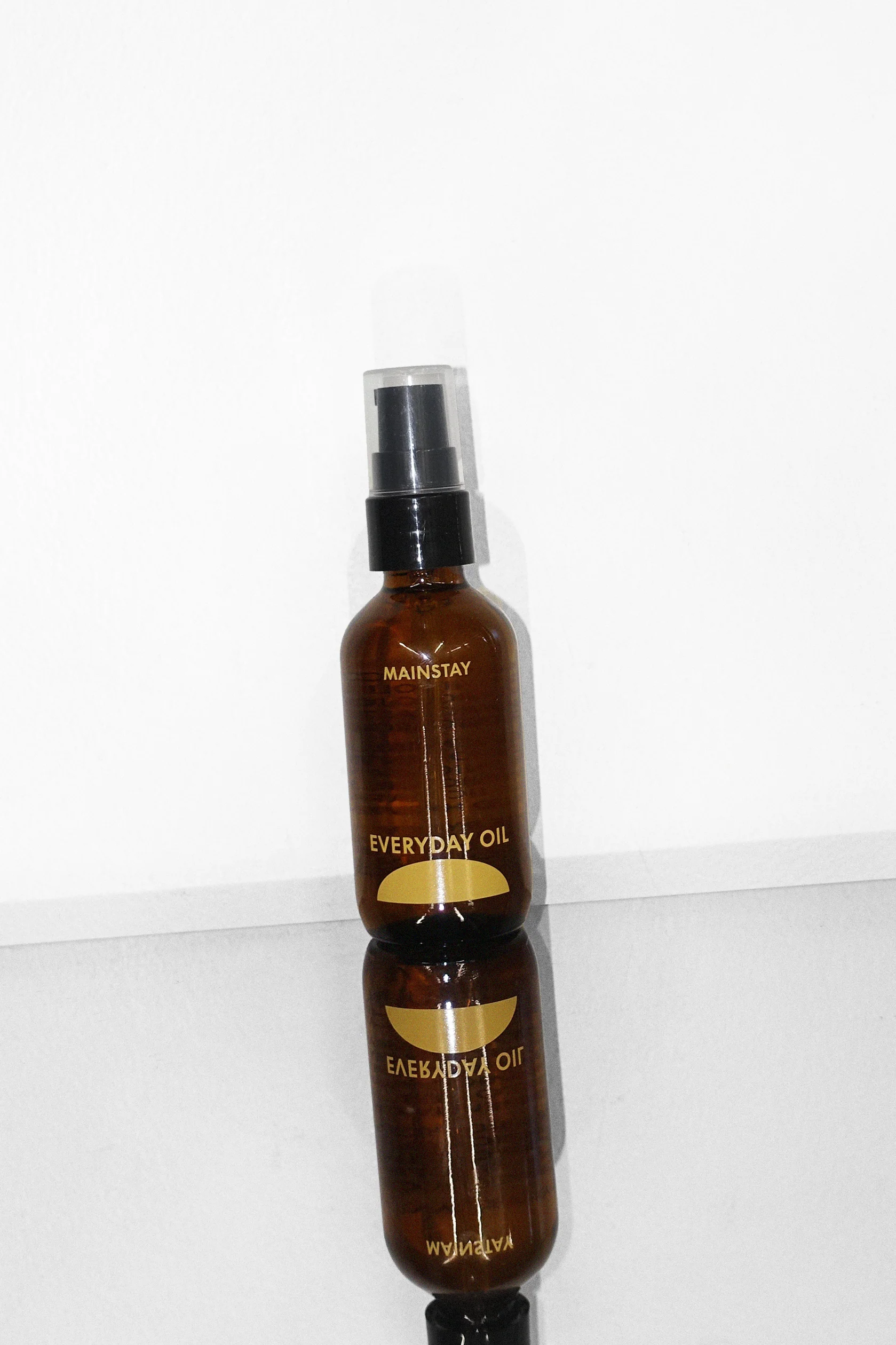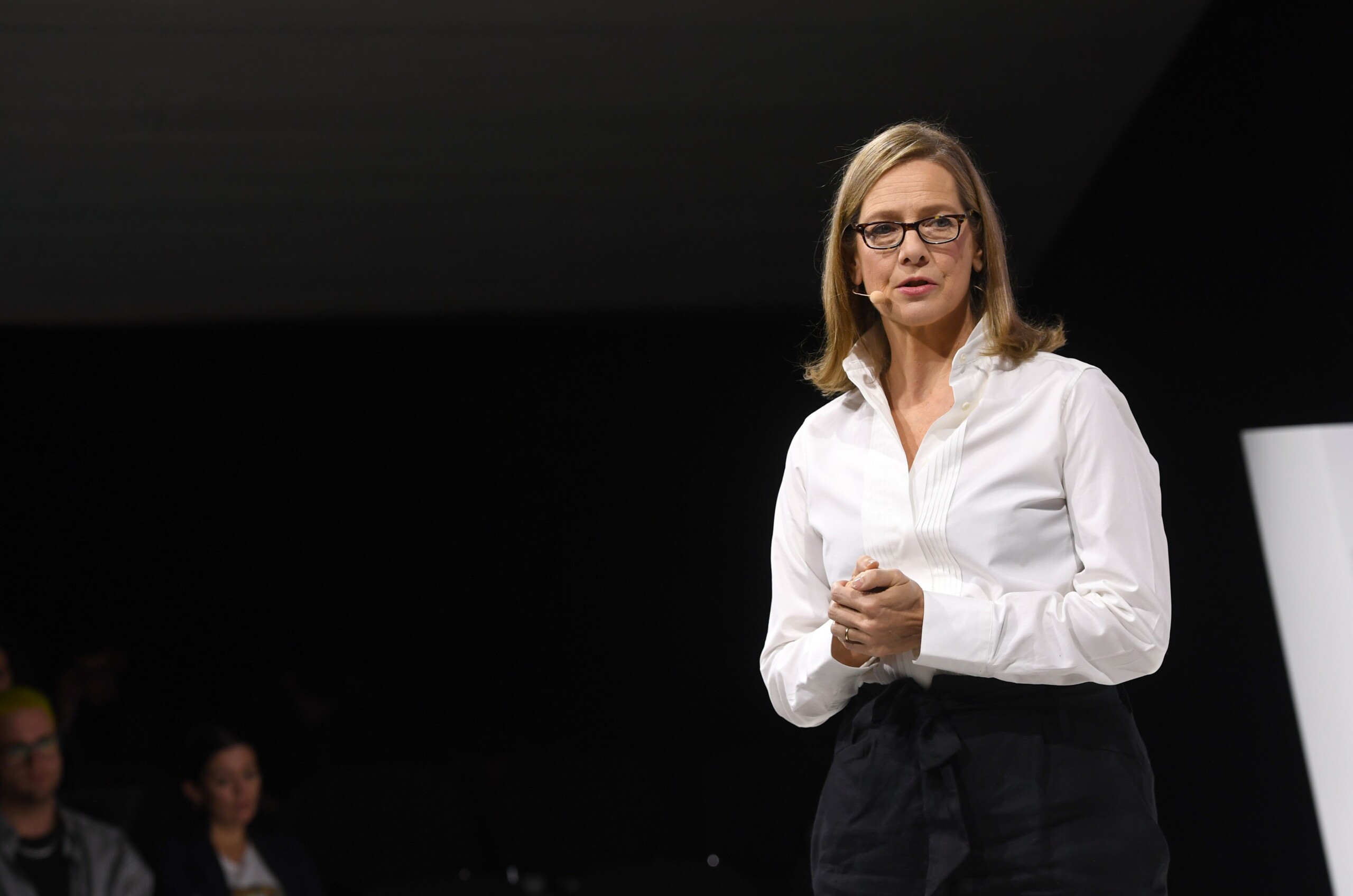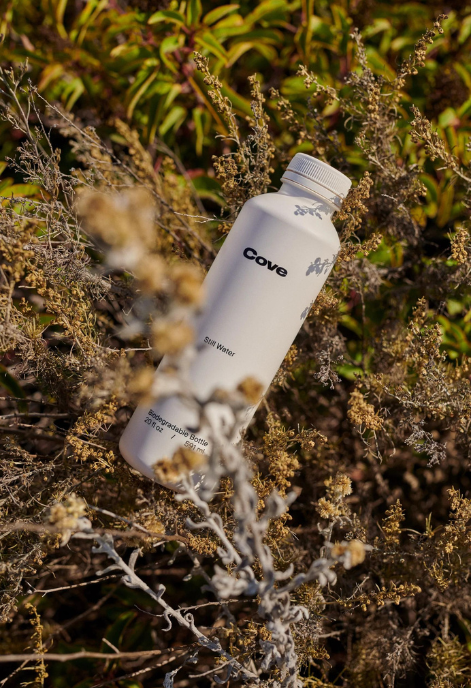the unwash: sustainability
Clean beauty has become almost synonymous with sustainability to consumers who are none the wiser, primarily in part due to misleading marketing tactics that muddle both of the terms. Green or brown labels, the use of leaves or foliage in logos, and the dreaded plain cardboard packaging easily decepts consumers. Most of these are used by brands claiming ‘clean’ status, not those using these for solely sustainability purposes. Major companies such as Sephora tag their ‘clean-certified’ products with a green leaf logo which isn’t something that makes it abundantly clear to a shopper that this does not equate to a sustainable product. There’s a fine line between deception and truth leaving consumers to their own devices, hoping their purchase is what it seems to be.
Clean isn’t a term that backs any sustainability claims. ‘Clean’ ingredients or sourcing does not mean it is sustainable. It’s easy to think that less processed or un-dyed ingredients could have a positive environmental impact but there isn’t any correlation between the two. A dig around the internet brought us to a Harpers Bazaar article that classified clean as being safe for “people and the planet” and that the ingredients used account for “human and environmental health”. If this were the case, these products wouldn’t be sold at mass retailers, packaged in plastic, or ending up in landfills all of which are reductive to this claim. So what does clean even mean? This typically refers to products that use natural ingredients. Well, what is a natural ingredient? Isn’t everything technically…natural? Here’s the thing, just about everything is natural or naturally occurring, all chemicals are natural (the horror!) and are needed to create everything including the air we breathe but we can put that aside for now. Most of these brands opt for plant-based products and ditch ingredients such as formaldehyde, phthalates, or hydroquinone. Clean is a term that is completely unregulated and unsubstantiated whether you like it or not. There’s an opportunity for regulation and serious claims but this just hasn’t happened yet. Unlike opting for stating clean ingredients are being used, many brands use organic ingredients that follow strict regulations and guidelines but not all brands are created equal.
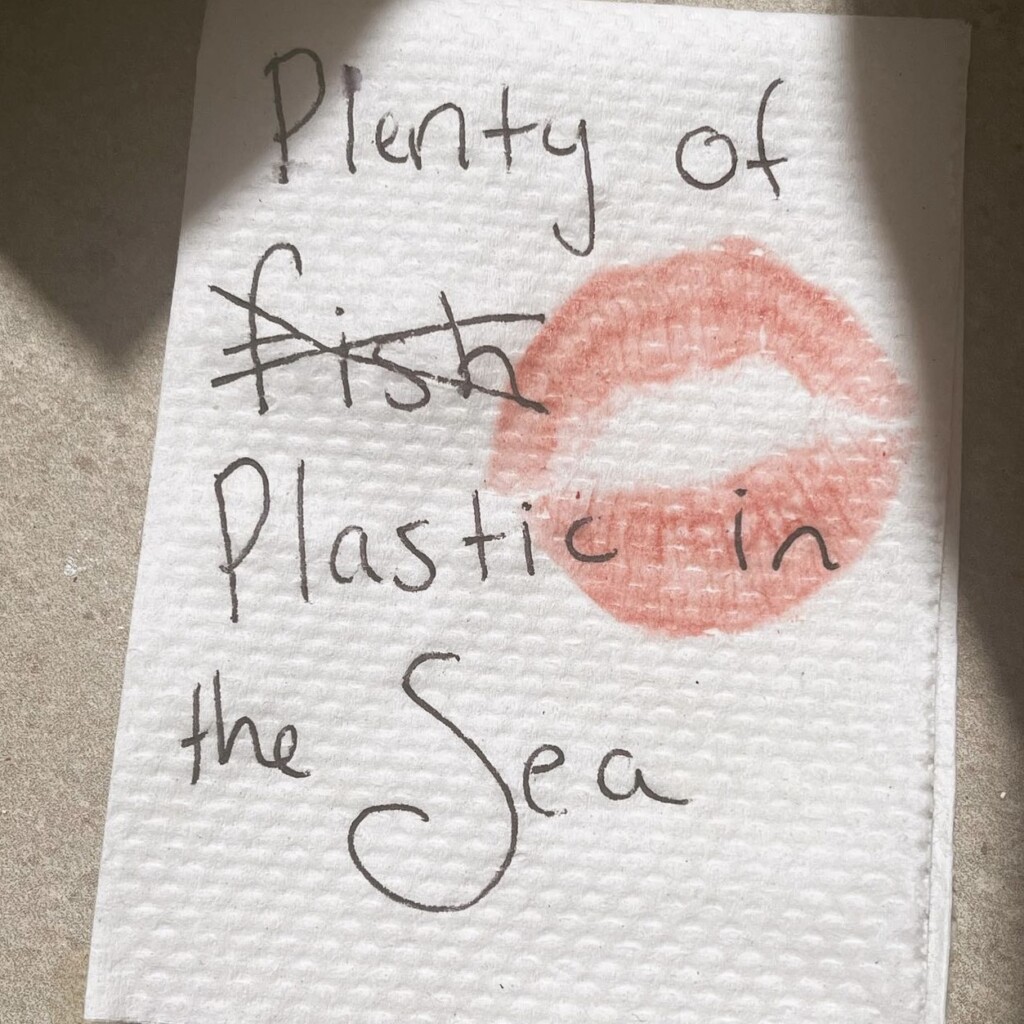
“As I walked around the store, different brands across all categories, from makeup to hair, had these “clean beauty” markers. Some carried the label because they used clean ingredients, others because they are cruelty-free, while some brands had the tag because of sustainable packaging. I couldn’t find one brand that met all of the retailer’s criteria for their “clean beauty” standard: clean ingredients, cruelty-free, vegan, sustainable packaging, and a positive environmental impact.” – Sophia Li, Refinery29 Contributor
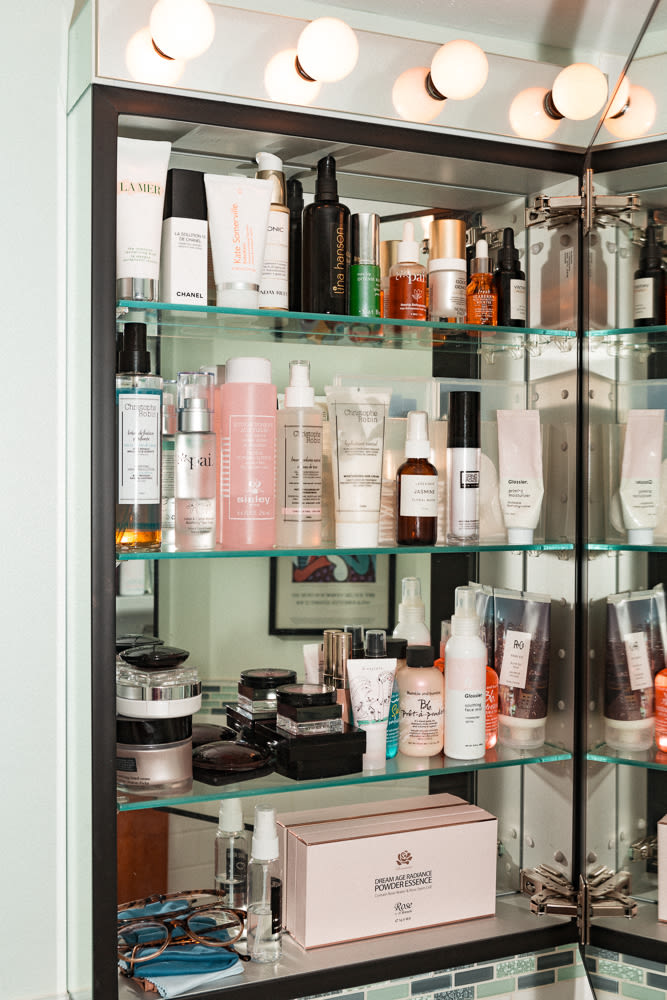
Now, does the use of plant-based ingredients yield a better outcome for environmental impact? In short, no. At the end of the day, everything biodegrates whether it be in 10 days or 10,000 years. What we can do is better understand what happens in the process. Are microplastics being released? Are certain ingredients able to biodegrade at a faster rate than others? All of these questions can paint a better picture of what the lifecycle of a product looks like but a clean brand versus a sustainable but not ‘clean’ brand could have identical outcomes regardless of ingredients. Many brands are leaning into biochemistry to assess this exact issue.
The lack of regulations for sustainable products and the abundance of greenwashing often cause actual sustainable brands to have little differentiation from one that is greenwashing to the general consumer. Brands that are at the forefront of creating sustainable innovation back their claims with lifecycle analysis, supply chain transparency, quarterly reports, and more to ensure trust with buyers. If you’re shopping from a retailer online or in-store this information isn’t readily available, making it hard to comprehend the difference between all of the different claims, certifications, and jargon being thrown around in the beauty aisle. To make it as simple as possible, a sustainable brand is working towards creating as little waste as possible. This doesn’t mean that the only goal is that the product you take home will be zero-waste and that’s it. These brands are looking at the entirety of a product from the sourcing and manufacturing process to years after you recycle, compost, or throw it away. This is where the term clean gets lumped into this. Brands that are hoping to create more sustainable options for everyday consumers also have to look at what’s inside the packaging. Zero-waste or recyclable packaging is great but understanding how the formula interacts with the environment is of importance.
Let’s look at how two different brands approach this. Dieux is an ever-popular skincare brand that rejects the term clean or natural and rather embraces science. On their social media, they often dive into their ingredients by explaining the pros of components such as lactic acid, glycerin, and petrolatum. They go on to explain their packaging such as why they opt for aluminum as much as possible and when plastic might be a need. Corpus is a body care brand that uses both natural and clean terminology and prefers for its formulas to be powered by plant-based ingredients. Lots of plant oils and extracts such as grape seed oil, cocoa butter, and rosemary leaf extract are used. Both brands use various modes of sustainable packaging including glass or aluminum and are transparent about their practices and goals. Despite one leaning into the clean branding, it doesn’t mean one has inherently better outcomes than the other or that they are even remotely similar to each other. Both are very different in practice but could be classified under the same umbrella in the beauty aisle because of how marketing has encroached on these topics. When purchasing clean beauty products consumers need to understand that if they’re hoping this automatically means sustainable, it doesn’t, and that there is much need for clarity in the beauty industry.
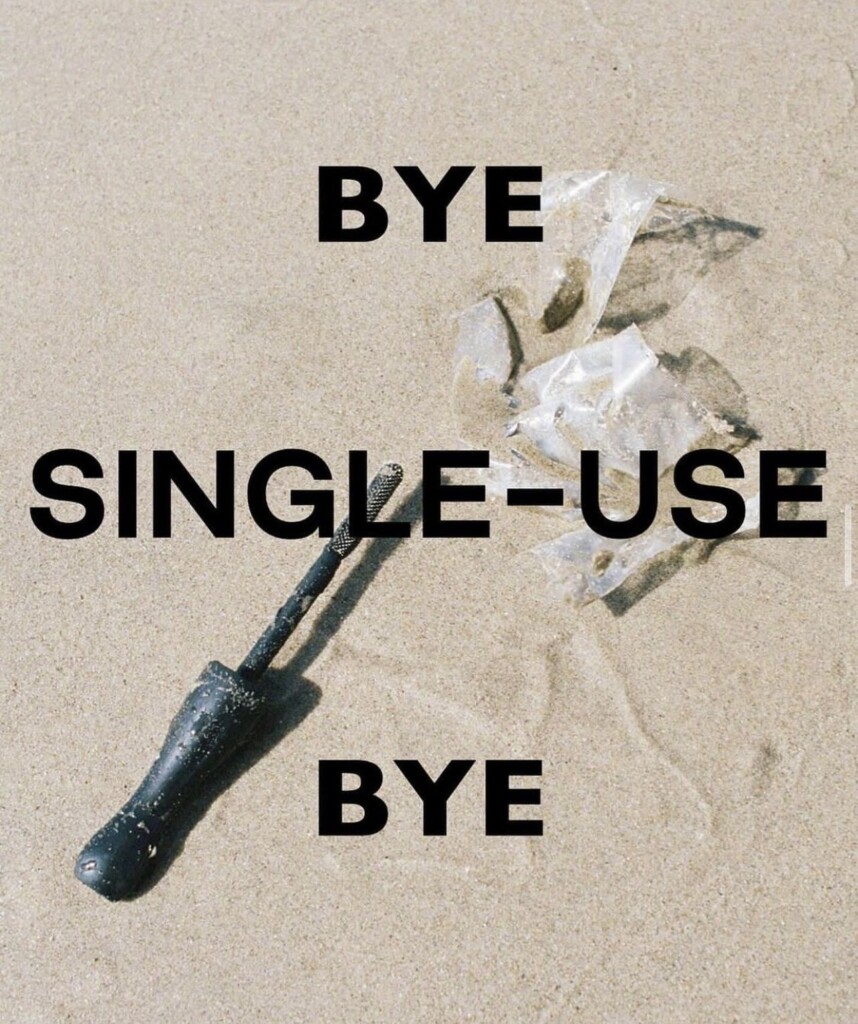
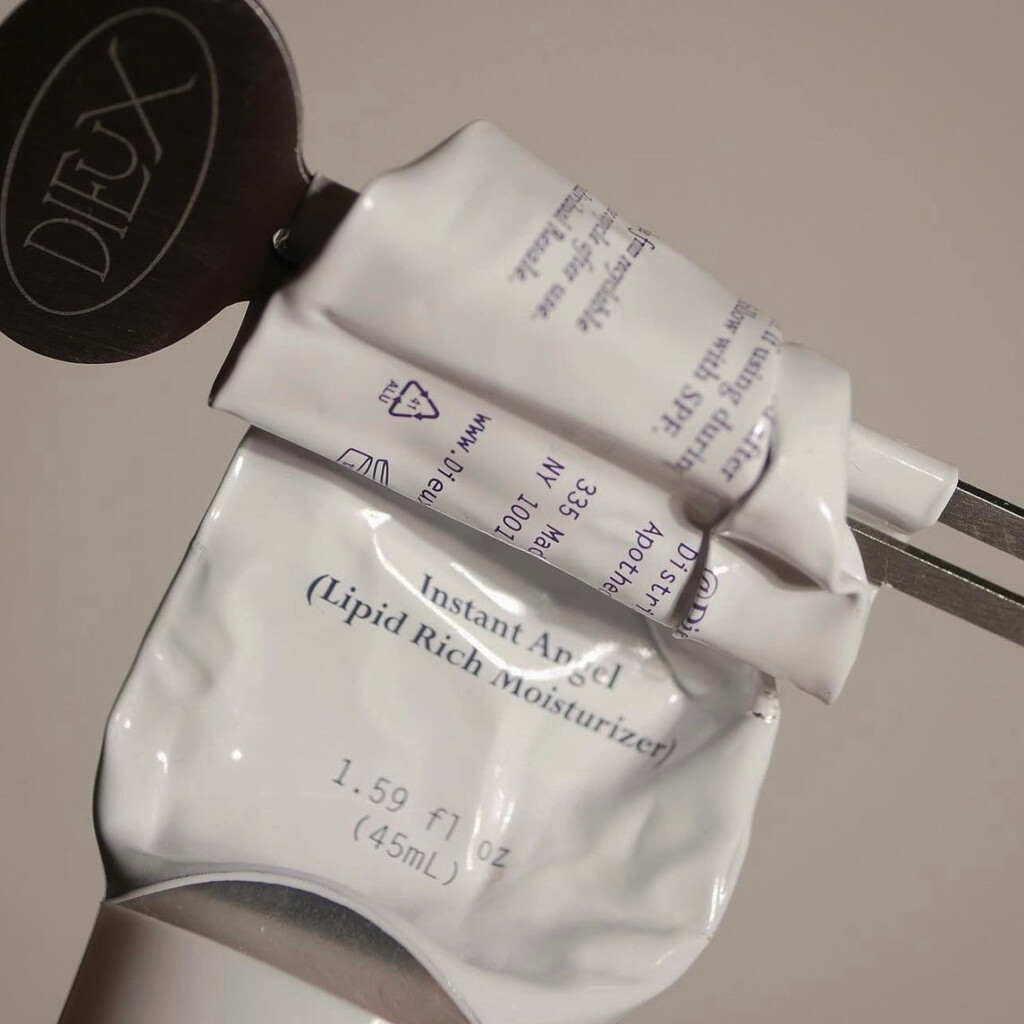
01
Dieux
The brand and its founders have been refreshingly honest about their takes on sustainability and ‘clean beauty’ rather than limiting themselves to any category or relying on such categorization for marketing purposes. They focus on being up-front with their consumers and working outside the box – Dieux is truly an impact-driven brand. Dieux uses sustainable packaging when available and is dedicated to helping people cut down their skincare routine to avoid buying more unnecessary products but utilizing fewer products that make a larger impact.
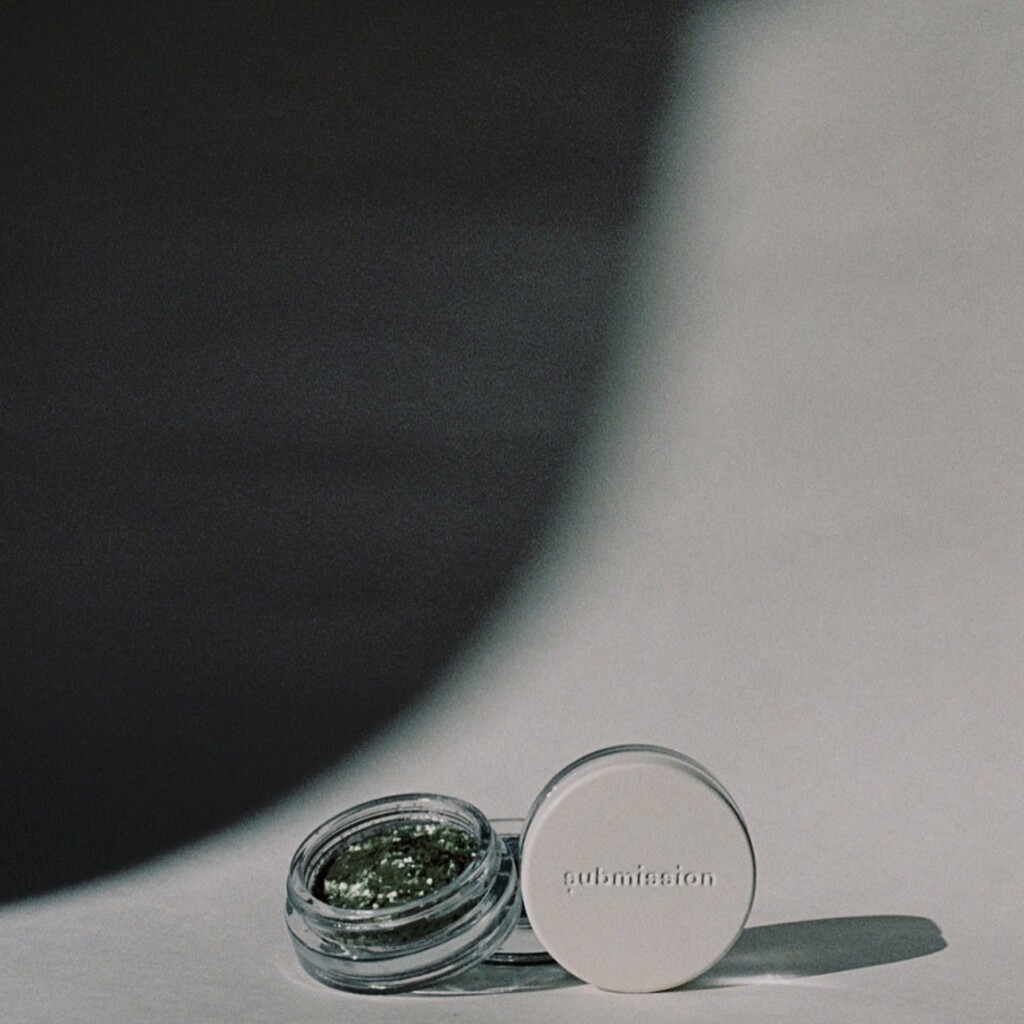
02
Submission Beauty
Submission Beauty is a completely plastic-free beauty brand that embraces maximalism with its biodegradable glitter. Traditional glitter products are not completely body safe and do not completely disintegrate even years after disposal. Submission Beauty is changing this by making a body-safe, plastic-free, biodegradable, luxury glitter.
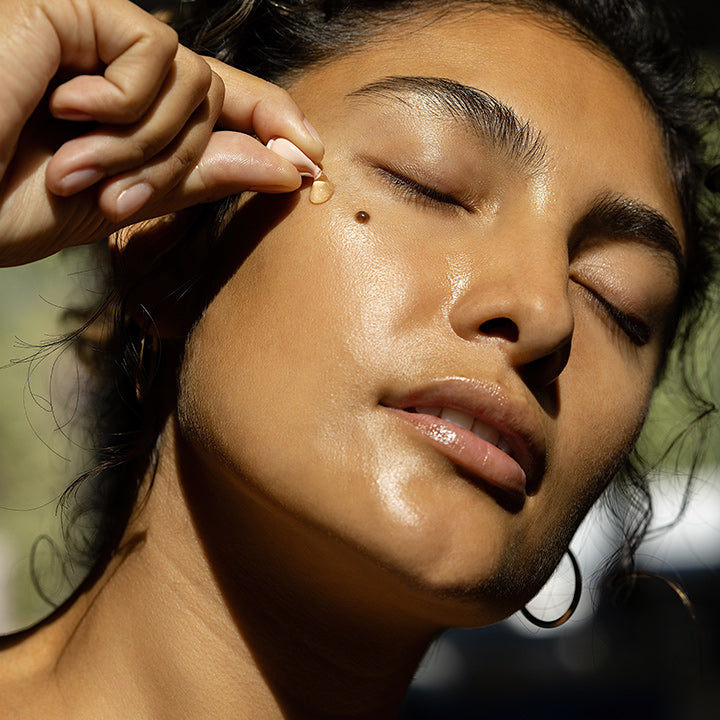
03
Common Heir
Common Heir saw an opportunity to create a gateway into using more sustainable products, without only catering to an audience that solely sought after zero-waste products. The company shows that there’s more to a sustainable lifestyle than just the term ‘zero-waste’. Their product line is both vegan and cruelty-free. Their current product line can build the perfect, streamlined skincare routine to tackle all your skincare needs including brightness, resurfacing, and hydration.
